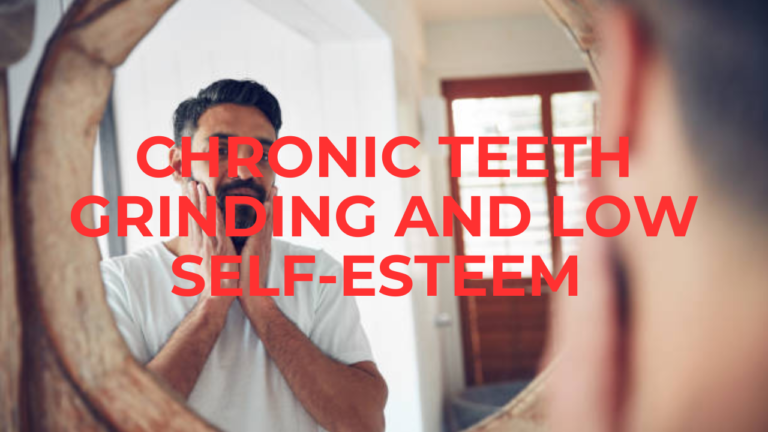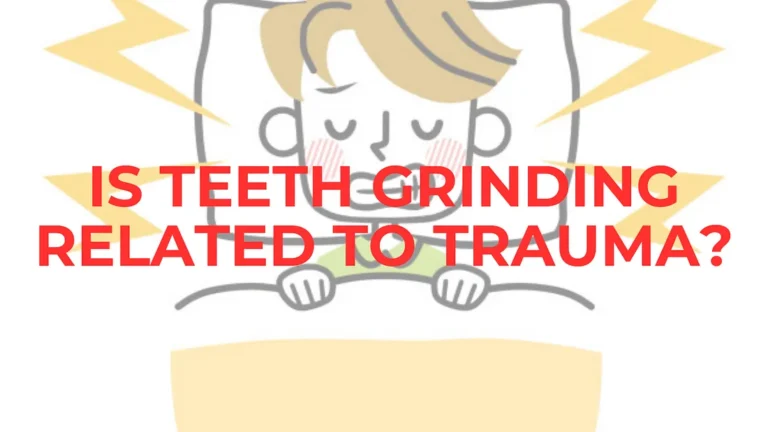Book Appointment Now
Psychology Of Bruxism: When Botox Doesn’t Help with Your Chronic Teeth Grinding?

Today I’d like to answer a question. Someone mentioned that they did Botox, but after 5 days, their grinding returned. What is mostly recommended for dealing with bruxism, or excessive teeth grinding, is Botox injections. Some people say it works, while others say it doesn’t. I’m going to explain why sometimes it may not work.
Let’s first understand what Botox does. Botox injections help relax your jaw muscles. When your jaw muscles relax, there is less tension, and you end up not grinding your teeth as much. You also experience less pain.
However, sometimes Botox doesn’t work because it doesn’t address the root cause of the stress. Yes, your muscles are relaxed, but the source of the stress remains. You might feel better for a few days, but the stress returns because the underlying cause is not addressed. Botox is just a corrective measure for relaxing the muscles.
I’m not a dentist, so I’ll explain the psychological side. When the underlying cause is mental, a physical corrective measure won’t address the root cause of the stress. For example, exercising can relieve some stress, but it won’t eliminate the underlying issue.
For some of the clients I’ve worked with, the root cause has been a fear of expressing themselves or not being heard by others. They hold onto anger and resentment, which keeps them in the familiar belief of not being heard. Releasing the stress can help you feel better and reduce teeth grinding for a while, but it will return if the underlying issue is still there.
A good analogy is cutting down a tree. Instead of cutting it from the roots, you just trim the branches or cut off the trunk. The tree looks dead, but after some time, it starts growing again.
This is what happens when you don’t address the root cause of stress. The stress returns, and you may need to keep getting Botox injections. There’s no problem with doing that, but consider another solution that doesn’t involve multiple and expensive injections.
Maybe there is a reason why your teeth grinding went from mild to chronic. Perhaps something happened in your life, or you are avoiding something. By releasing these deeper issues, other areas of your life may improve. It’s not just about teeth grinding.
There are often other symptoms like overthinking, lack of sleep, feeling inadequate, or ashamed. These accompany the habit of teeth grinding and are part of the puzzle. When you address the underlying issue, these other unwanted aspects of your life will improve as well.
Dealing with chronic teeth grinding holistically involves more than just relaxing the muscles. Ask yourself what exactly is happening in your life that caused this habit to become chronic. You might realize you are unconsciously avoiding something or fearing to face an issue. Once you face these fears, you release the anger and resentment deep inside. This anger creates a lot of stress in your jaw, causing you to grind your teeth.
Botox may work for you, and that’s okay, but sometimes you need to go beyond treating the symptom and look at the root cause. Hope you found this informative. Share your views on Botox, whether it’s working for you or not. Have a nice day!







